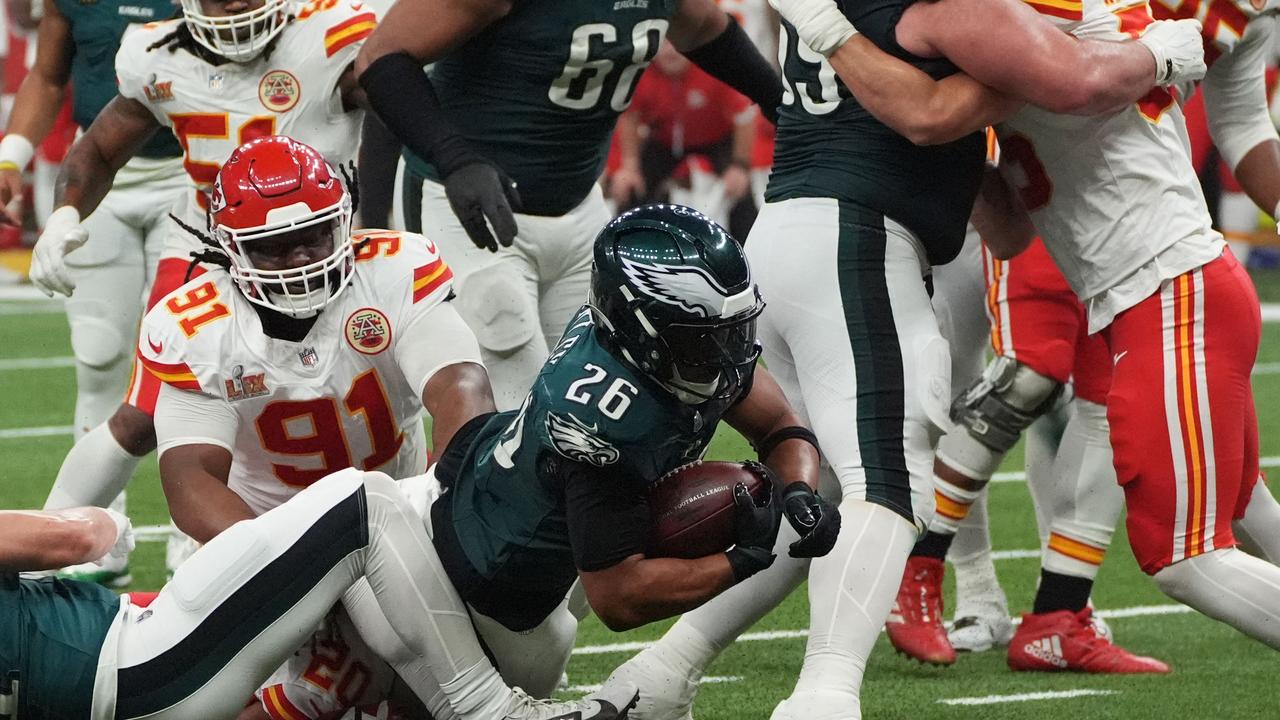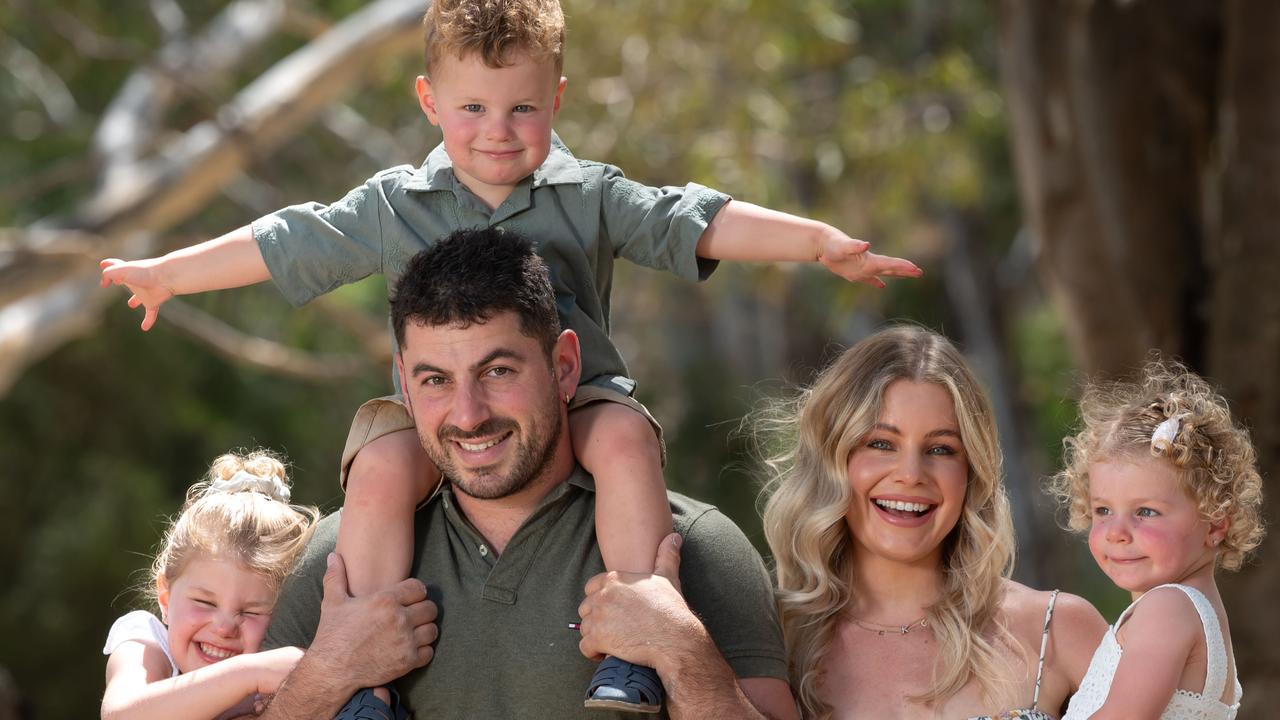‘I think it’s a gift’: Adelaide’s death doula on what happens when we die
A doula is often associated with bringing life into the world but for Helen Roberts, her role is to help people leave it.
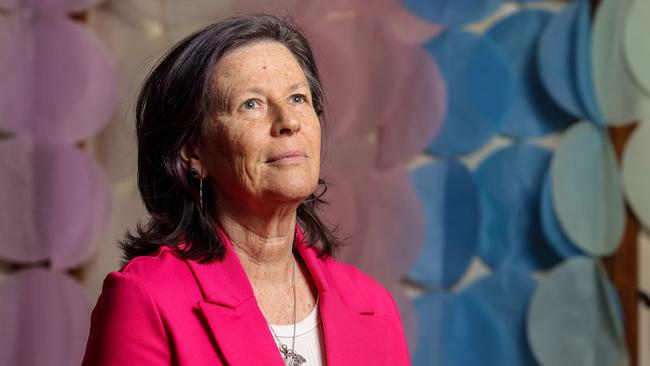
SA Weekend
Don't miss out on the headlines from SA Weekend. Followed categories will be added to My News.
For mother-of-two Helen Roberts, dying has been a consistent theme of her life.
The 60-year-old never shied away from professional roles that put her in the face of death, working as a nurse and in intensive care.
But she says it’s her role as an End of Life doula that has brought her life “full circle”.
“Death is often medicalised (but) death is not a medical experience – it’s a human experience,” she said.
“But of course medical intervention is often necessary to relieve pain and those sorts of things.”
Growing up, Ms Roberts’ father was a GP and her mother was a registered nurse.
So somewhat unsurprisingly, Ms Roberts began working as a nurse.
She then transitioned into a pediatric intensive care role at the Women’s and Children’s Hospital, in which she remained for 26 years.
“I was always interested in and not uncomfortable with patients that were dying,” she said.
“The kids that were dying were the kids that I gravitated towards.”
After a life-altering experience, Mr Roberts switched careers to support palliative care and Voluntary Assisted Dying (VAD) patients, as they navigated the last stages of their lives.
Now, Ms Roberts dedicates her time to being an End of Life Doula and clinic educator with Heartfelt – a voluntary organisation that photographs stillborns or children with serious or life-threatening illnesses.
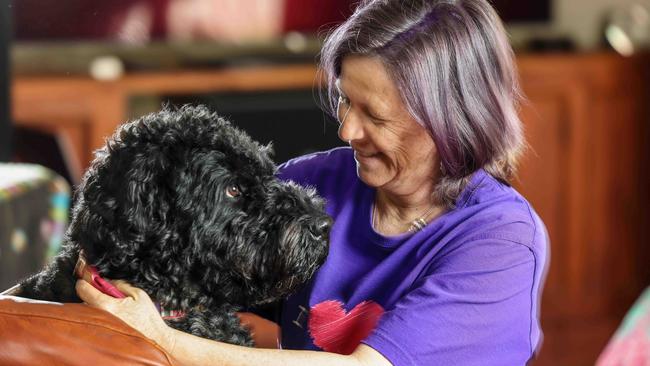
Ms Roberts said most of her clients had sanctified end-of-life experiences, while some were crippled with regret – one of the most common emotions she’d seen from clients.
“Some of the things people say at the end of life, those last words can be beautiful and unexpected,” the Henley Beach local said.
“Some people haven’t come to terms with a lot of things in their lives and (makes) it really difficult for them.
“I’ve had somebody share an experience in war that they hadn’t told anybody. It was like they were sort of getting it off their chest and telling somebody else before they died.
“Some people are happy to die, some people are accepting (because) they don’t have any regrets.
“Some people deny it right up to the last minute, which makes it really difficult for families.”
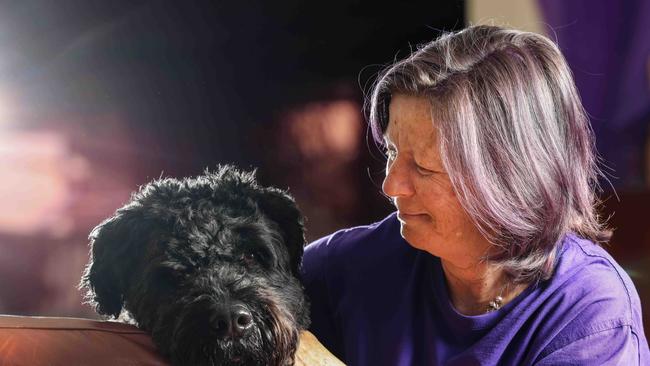
She explained that her expansive role often involves providing community education, assisting with forms, helping people navigate death, organising a funeral and grief counselling.
But at it’s core, she says it’s simply about “helping people die the way they want to die”.
“It really makes a difference when families can say goodbye to their loved ones in their own time and not when the loved one is swept away before they were ready,” she said.
“I can sit, listen and hold space for people and sometimes people just need to tell their story … over and over again.
“It’s a difficult space to navigate if you’ve never had any experience with death. People get lost in it and sometimes it’s a matter of pointing them in the right direction.
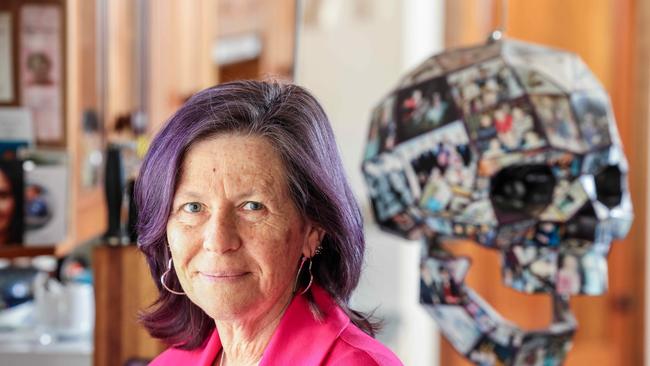
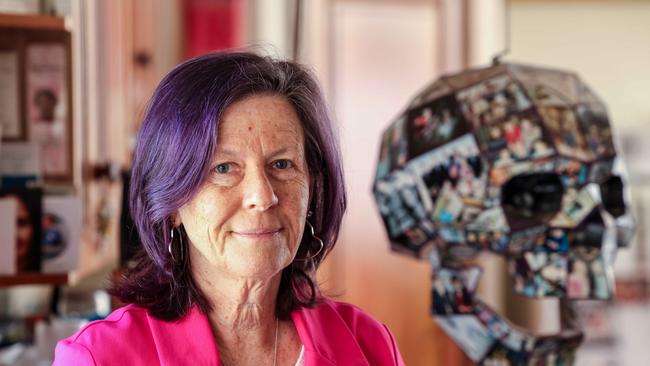
Emotional composure is also a crucial trait as a death doula.
“I still cry at some heartfelt sessions, 12 years down the track, but I never ever get overwhelmed because it’s not my grief. It’s theirs,” she explained.
“When I’m there as a doula I’m compassionate and humane … but it’s not my grief.
“It’s an advocacy role. I always say to people, I will do anything in my power to support your choices, as long as it’s within the law.”
While she also encourages palliative care patients to prepare for their passing.
“I encourage by clients, if appropriate, to think about what they want for their funeral after they die,” she said.
“I think it’s a gift you can give your loved ones, to be prepared.
“It might be that you just want your body burned straightaway, direct cremation and (then) a party down at the pub afterwards.”
For loved ones left behind, Ms Roberts also helps them navigate the gruelling journey ahead with some clients never reaching “the acceptance stage” of the grieving process.
“Grief is love with no where to go and the love and relationship you had with that person never dies.
“Years down the track, you could still be triggered into a state of tears and sadness (but) eventually you learn to carry the grief rather than the grief carrying you.”
In recent years, Ms Roberts said she’d seen an increase of people training to become end of life doulas, particularly young people, as society moves away from its “death phobia”.
She hopes there will be more funding provided to the palliative care system in the near future.




